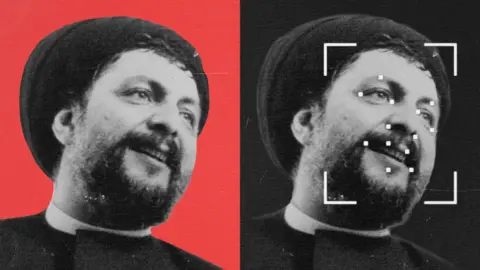The announcement comes as a response to the considerable rise in migrant arrivals on the Greek islands, particularly Crete and Gavdos. Prime Minister Mitsotakis indicated that the government’s stance sends a clear message to traffickers, noting, “The money they spend may be completely wasted, because it will be difficult to reach Greece by sea." The suspension of asylum applications reflects a similar legal approach the country adopted in 2020 to handle surges at its land border with Turkey.
The recent influx has resulted in the landing of over 2,000 migrants in just a few days, prompting the government to declare an emergency situation. Migration Minister Thanos Plevris reinforced this sentiment on social media, urging potential migrants to remain in their home countries. Compounding the crisis, local authorities have struggled to accommodate the growing number of incoming individuals, with reports highlighting that hundreds are being temporarily housed in unsuitable conditions, such as a congested market hall.
As the situation escalates, Greek, Italian, and Maltese officials sought to address the crisis during discussions in Libya, but their efforts were thwarted when local authorities refused access. Mitsotakis affirmed that the Greek military is poised to collaborate with Libyan officials to curb the departures from the Libyan coastline. Non-governmental organizations have sharply criticized these collaborations, labeling them as a violation of migrants' dignity and safety. Amnesty International condemned the ongoing efforts that disregard the human rights of those attempting to escape dire conditions in their home countries, pointing out the harsh realities faced by migrants returned to Libyan detention centers.
The recent influx has resulted in the landing of over 2,000 migrants in just a few days, prompting the government to declare an emergency situation. Migration Minister Thanos Plevris reinforced this sentiment on social media, urging potential migrants to remain in their home countries. Compounding the crisis, local authorities have struggled to accommodate the growing number of incoming individuals, with reports highlighting that hundreds are being temporarily housed in unsuitable conditions, such as a congested market hall.
As the situation escalates, Greek, Italian, and Maltese officials sought to address the crisis during discussions in Libya, but their efforts were thwarted when local authorities refused access. Mitsotakis affirmed that the Greek military is poised to collaborate with Libyan officials to curb the departures from the Libyan coastline. Non-governmental organizations have sharply criticized these collaborations, labeling them as a violation of migrants' dignity and safety. Amnesty International condemned the ongoing efforts that disregard the human rights of those attempting to escape dire conditions in their home countries, pointing out the harsh realities faced by migrants returned to Libyan detention centers.



















